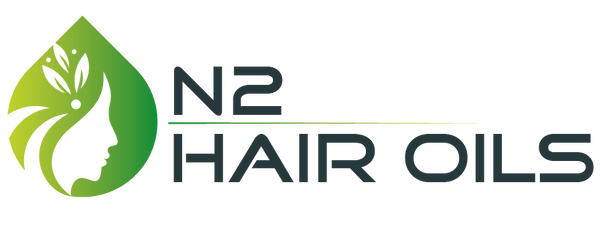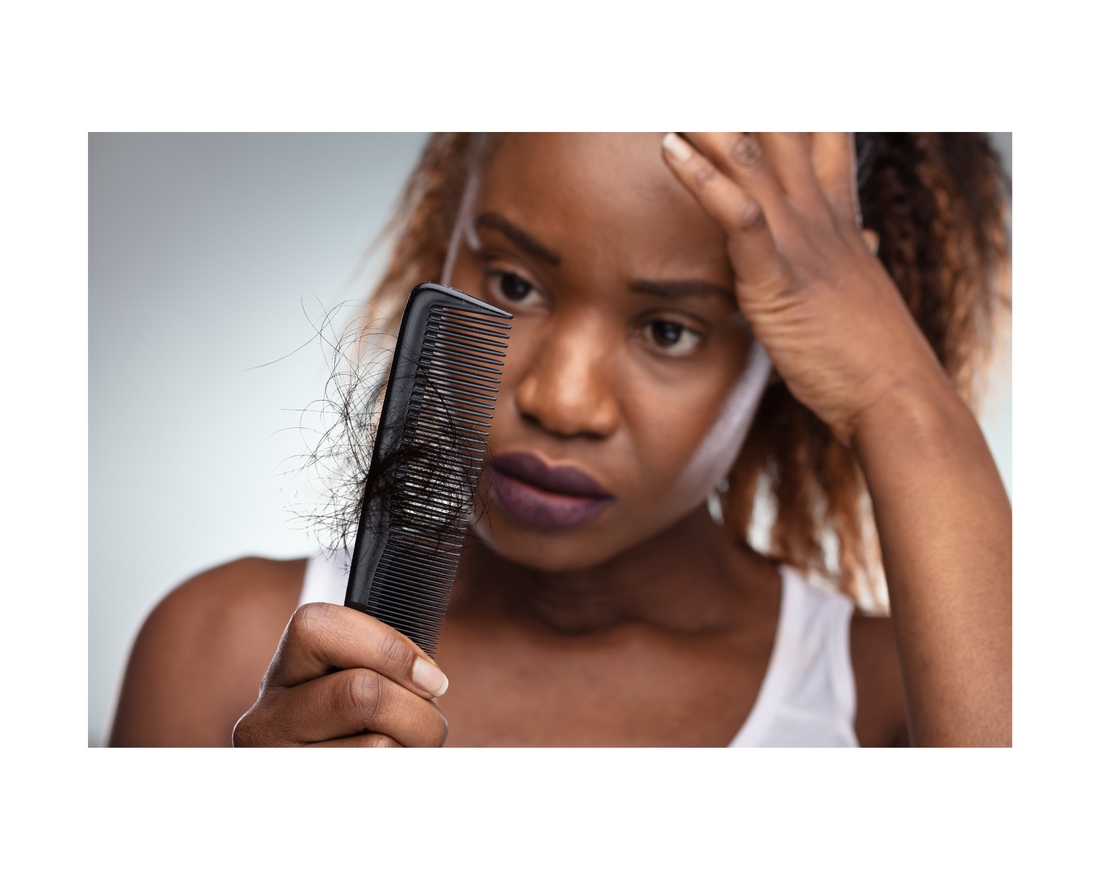Estrogen is a hormone that plays a vital role in many aspects of your health, including your hair. Estrogen helps to stimulate hair growth, moisturize the scalp, and protect the hair from damage. However, when estrogen levels drop, as in menopause, your hair may suffer the consequences. In this article, we’ll explain how low estrogen affects hair and how scalp oil can help restore your hair’s health and beauty.
What Causes Low Estrogen?
Estrogen levels can fluctuate throughout your life, depending on various factors such as age, pregnancy, menopause, medication, and health conditions. Some of the common causes of low estrogen are:
- Menopause: As you approach menopause, your ovaries produce less estrogen, which can lead to symptoms such as hot flashes, vaginal dryness, and hair loss.
- Ovarian failure: If your ovaries stop functioning before the age of 40, you may experience premature menopause, which can cause low estrogen and hair loss.
- Medication: Some drugs, such as chemotherapy, hormonal birth control, and anti-estrogen therapy, can lower your estrogen levels and affect your hair growth.
- Health conditions: Certain diseases, such as thyroid disorders, polycystic ovary syndrome (PCOS), and eating disorders, can interfere with your estrogen production and cause hair loss.
How Does Low Estrogen Affect Hair?
Estrogen has a positive effect on your hair growth cycle, which consists of three phases: anagen (growth), catagen (transition), and telogen (resting). Estrogen helps to prolong the anagen phase, which means your hair grows longer and stronger. Estrogen also helps to prevent the conversion of testosterone to dihydrotestosterone (DHT), which is a hormone that can shrink your hair follicles and cause hair loss.
When your estrogen levels are low, your hair growth cycle is disrupted, and you may experience the following effects:
- Thinning hair: Low estrogen can shorten the anagen phase and lengthen the telogen phase, which means your hair grows slower and falls out faster. This can result in thinning hair, especially on the top and sides of your head.
- Dry scalp: Low estrogen can reduce the production of sebum, which is the natural oil that moisturizes your scalp and hair. This can lead to a dry, itchy, and flaky scalp, which can damage your hair follicles and cause hair loss.
- Brittle hair: Low estrogen can affect the protein and collagen synthesis in your hair, which can weaken your hair shaft and make it more prone to breakage, split ends, and frizz.
How Can Scalp Oil Help?
Scalp oil is a scalp treatment that can help to counteract the effects of low estrogen on your hair. Scalp oil can provide the following benefits:
- Moisturize the scalp: Scalp oil can nourish your scalp and hair with essential fatty acids, vitamins, and minerals that can help restore the moisture balance and prevent dryness and irritation.
- Stimulate hair growth: Scalp oil can increase blood circulation to your scalp and hair follicles, which can deliver more oxygen and nutrients to your hair roots and promote hair growth.
- Protect the hair: Scalp oil can form a protective layer on your hair shaft and prevent it from losing moisture and becoming brittle. Scalp oil can also shield your hair from environmental damage, such as sun exposure, pollution, and heat styling.
What Types of Scalp Oil Should You Use?
There are many types of scalp oil that you can use but we would be remiss if we did not mention our Pro Grow Oil which contains all the ingredients to promote hair loss secondary to low estrogen. Our Pro Grow Oil contains healthy sources of the following ingredients:
- Pumpkin seed oil: Pumpkin seed oil is a plant-based oil that is rich in antioxidants, anti-inflammatory agents, and nutrients that can promote hair growth. Pumpkin seed oil can also reduce the production of DHT, which is a hormone that can cause hair loss.
- Rosemary oil: Rosemary oil is an essential oil that can improve blood flow to your scalp and hair follicles, which can enhance hair growth. Rosemary oil can also inhibit the enzyme that converts testosterone to DHT, which can prevent hair loss.
Conclusion
Low estrogen can hurt your hair, causing it to become thin, dry, and brittle. However, you can combat these effects by using scalp oil, which can moisturize your scalp, stimulate your hair growth, and protect your hair from damage. By choosing the right scalp oil and applying it regularly, you can restore your hair’s health and beauty.

